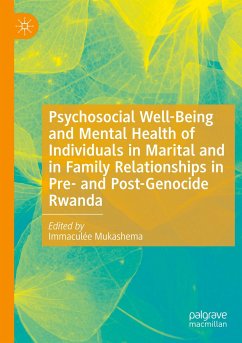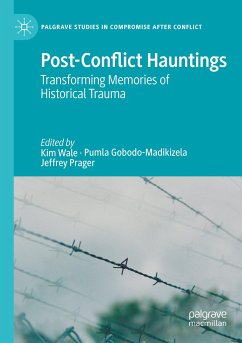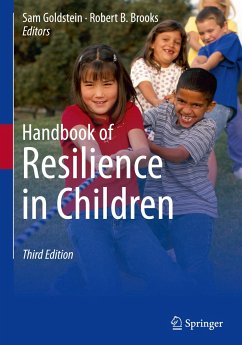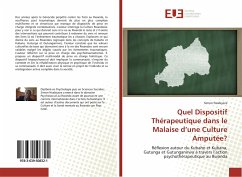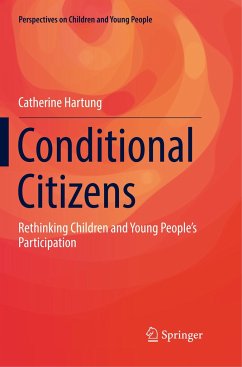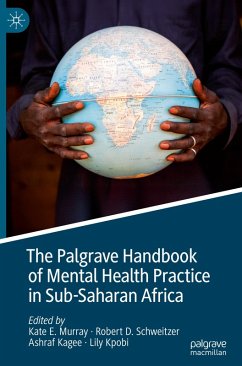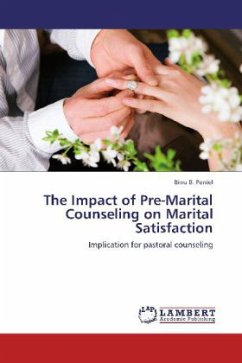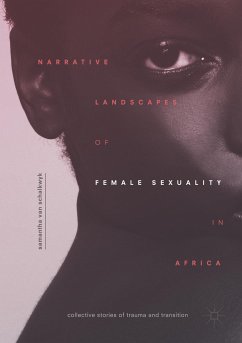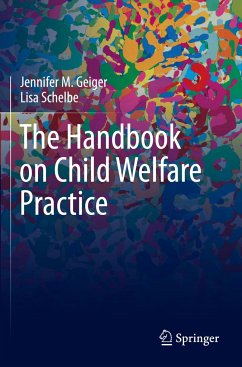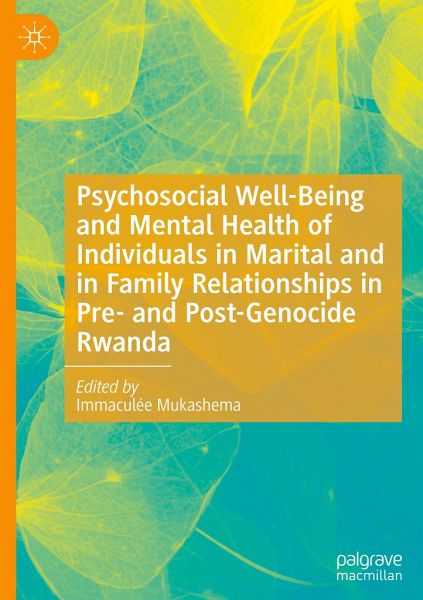
Psychosocial Well-Being and Mental Health of Individuals in Marital and in Family Relationships in Pre- and Post-Genocide Rwanda

PAYBACK Punkte
34 °P sammeln!
This book provides an in-depth examination of psychosocial marital well-being and mental health in traditional communities in Rwanda. It presents rich qualitative research conducted with men, women and elders, highlighting both the issues impacting on marital conflict and domestic violence, and also how potential solutions might be drawn from traditional practices. In doing, so it provides a unique resource for researchers and policymakers seeking to develop evidence-based and culturally-informed mental health and psychosocial support interventions in low and middle income countries. It will a...
This book provides an in-depth examination of psychosocial marital well-being and mental health in traditional communities in Rwanda. It presents rich qualitative research conducted with men, women and elders, highlighting both the issues impacting on marital conflict and domestic violence, and also how potential solutions might be drawn from traditional practices. In doing, so it provides a unique resource for researchers and policymakers seeking to develop evidence-based and culturally-informed mental health and psychosocial support interventions in low and middle income countries. It will appeal in particular to those working the fields of public health, family psychology, social work, cross-cultural psychology and qualitative methodology.



